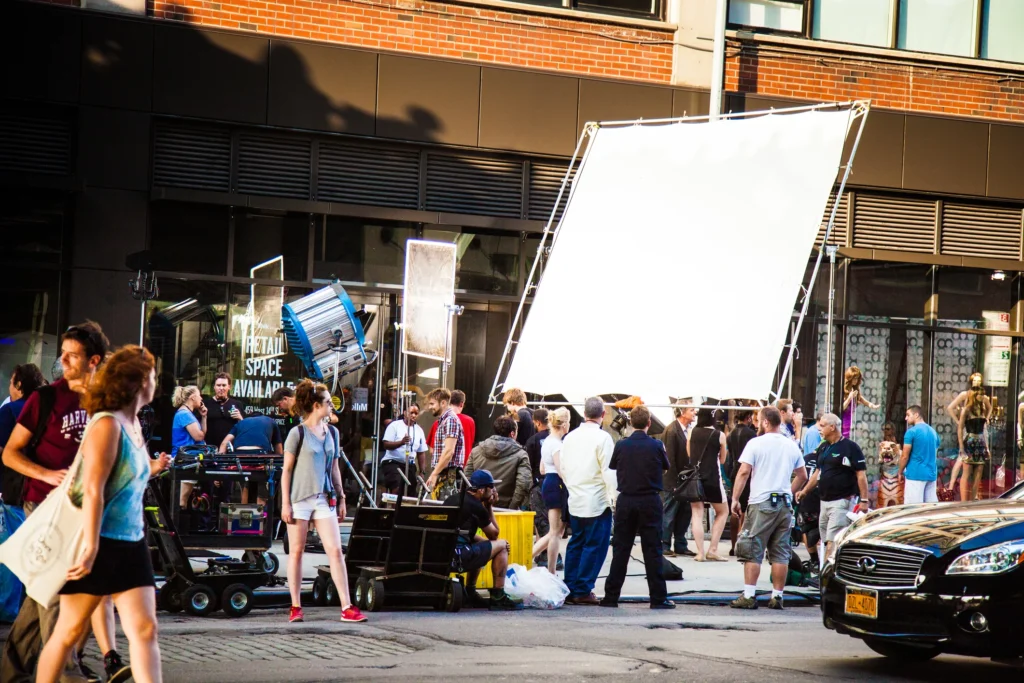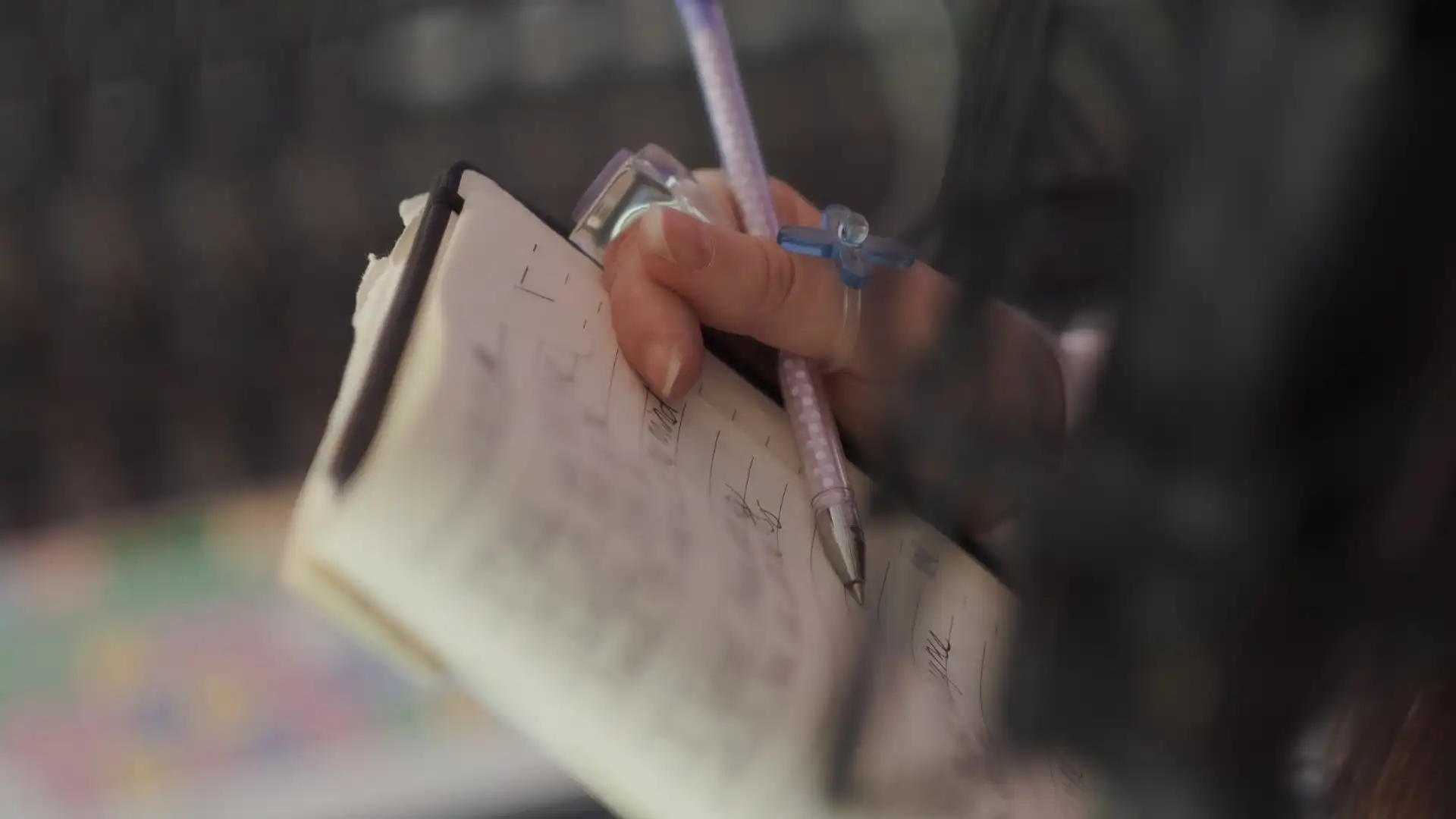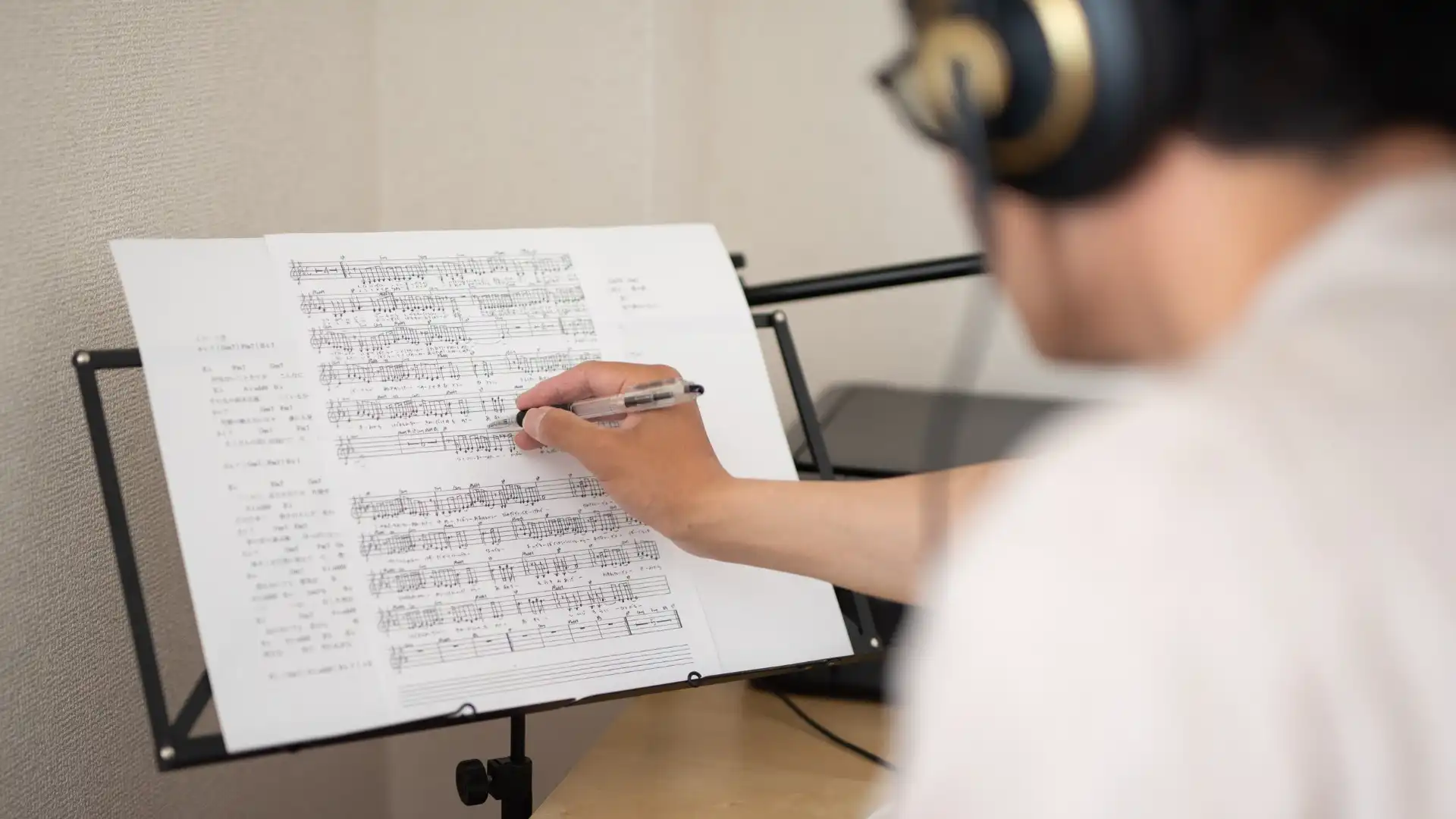Television camera operators play a crucial role in bringing television productions to life. They are responsible for capturing compelling visuals that engage viewers and enhance storytelling. To excel in this dynamic and competitive field, aspiring television camera operators need to undergo comprehensive training to develop the necessary skills and expertise. In this in-depth guide, we will explore the essential aspects of television camera operator training, including the key skills required, the training options available, and the career prospects in this exciting industry.
The Role of a Television Camera Operator
Before delving into the specifics of television camera operator training, it’s important to understand the role of a camera operator in the television industry. Television camera operators are tasked with operating cameras to capture a wide range of shots for television programs, including news broadcasts, live events, talk shows, and scripted series. They work closely with directors, cinematographers, and other crew members to ensure that the visuals align with the creative vision of the production.
Key Skills Required for Television Camera Operators
Becoming a successful television camera operator requires a diverse skill set that goes beyond just operating a camera. Some of the key skills and qualities that aspiring camera operators should possess include:
- Technical Proficiency: Television camera operators must have a solid understanding of camera equipment, including different types of cameras, lenses, and accessories. They should be able to set up and operate cameras efficiently to capture high-quality footage.
- Creativity: A keen eye for composition, framing, and visual storytelling is essential for television camera operators. They should be able to translate the director’s vision into captivating visuals that enhance the narrative of the production.
- Attention to Detail: Precision and attention to detail are crucial for capturing clear and focused shots. Television camera operators must be able to adjust camera settings, focus, and exposure accurately to ensure that the footage meets the technical standards of the production.
- Collaboration: Working in a fast-paced television environment requires strong collaboration and communication skills. Camera operators need to coordinate with directors, producers, and other crew members to execute shots effectively and efficiently.
- Adaptability: Television camera operators often work in unpredictable and challenging conditions, such as live broadcasts or on-location shoots. The ability to adapt to changing circumstances and think on their feet is essential for success in this role.
Training Options for Aspiring Television Camera Operators
There are several training options available for individuals looking to pursue a career as a television camera operator. These include:
- Formal Education: Some colleges and universities offer degree programs in film, television production, or broadcasting that include courses on camera operation and cinematography. Institutions like NYU and Parsons School of Design provide comprehensive training in television production.
- Hands-On Workshops: Hands-on workshops and training programs focused specifically on camera operation can provide aspiring camera operators with practical experience and industry insights. These workshops often cover topics such as camera techniques, lighting, and shot composition.
- On-the-Job Training: Many television production companies offer on-the-job training opportunities for entry-level camera operators. This hands-on experience allows individuals to learn directly from experienced professionals and gain valuable practical skills.
- Online Courses: Online courses, such as those offered by Yellowbrick, provide a flexible and convenient way to learn about television camera operation from industry experts. These courses cover a wide range of topics, including camera techniques, equipment operation, and industry best practices.
Career Prospects for Television Camera Operators
The demand for skilled television camera operators is expected to remain strong, with opportunities available in various sectors of the television industry. Some of the potential career paths for television camera operators include:
- Broadcast Television: Camera operators are essential for capturing live events, news broadcasts, and studio productions for broadcast television networks. They play a critical role in delivering high-quality visuals to viewers.
- Film and Television Production: Camera operators are also employed in film and television production companies to shoot scripted series, documentaries, and other visual content. They work closely with directors and cinematographers to bring the director’s vision to life on screen.
- Sports Broadcasting: Camera operators in sports broadcasting are responsible for capturing live sports events, including games, matches, and tournaments. They must be able to follow the action and capture key moments to provide viewers with an immersive viewing experience.
- Corporate Video Production: Many companies produce video content for marketing, training, and internal communications purposes. Camera operators in corporate video production are responsible for shooting and editing videos that convey the company’s message effectively.
- Freelance Opportunities: Some television camera operators choose to work as freelancers, taking on a variety of projects for different clients. Freelancing offers flexibility and the opportunity to work on a diverse range of productions.
Conclusion
In the ever-evolving world of television production, mastering the art of camera operation is essential for aspiring professionals looking to make their mark in the industry. Whether you choose to pursue formal education, hands-on training, or online courses, investing in your skills and expertise as a television camera operator can open doors to exciting career opportunities and help you thrive in this dynamic field.
Key Takeaways:
- Television camera operators are essential to capturing visuals that drive storytelling across news, live events, talk shows, and scripted productions.
- Success in this role requires strong technical proficiency with cameras, lenses, accessories, and proper setup to ensure high-quality footage.
- Creativity and a strong sense of composition, framing, and visual storytelling help translate a director’s vision into compelling images.
- Attention to detail is critical for achieving accurate focus, exposure, and shot clarity that meets production standards.
- Effective collaboration and communication skills are needed to work seamlessly with directors, producers, and crew in fast-paced environments.
- Adaptability is vital, especially during live broadcasts or on-location shoots where conditions can change quickly.
- Training options include formal education programs in film or broadcasting, hands-on workshops, on-the-job learning, and flexible online courses.
- Career paths span broadcast television, scripted film and TV production, sports broadcasting, corporate video work, and freelance opportunities.
- Continued learning and practical experience significantly enhance career growth and open doors to diverse opportunities in the television industry.
Key takeaways include the essential skills required, training options available, and diverse career prospects. To further enhance your expertise, consider taking the NYU Film and TV Industry Essentials online course.








